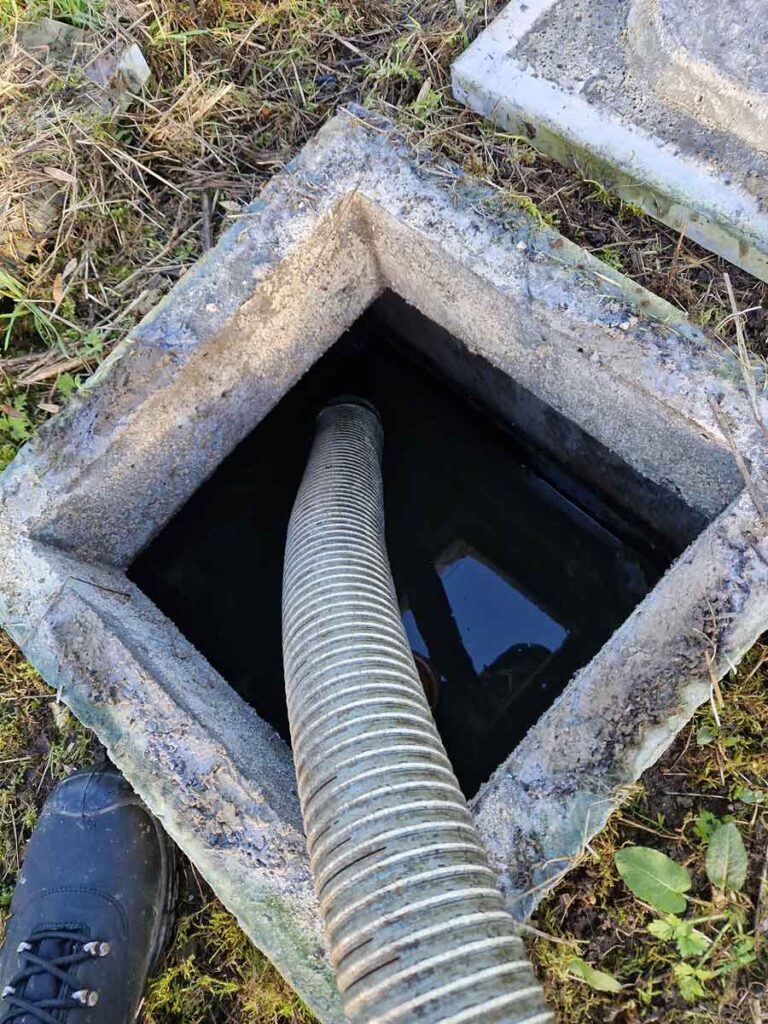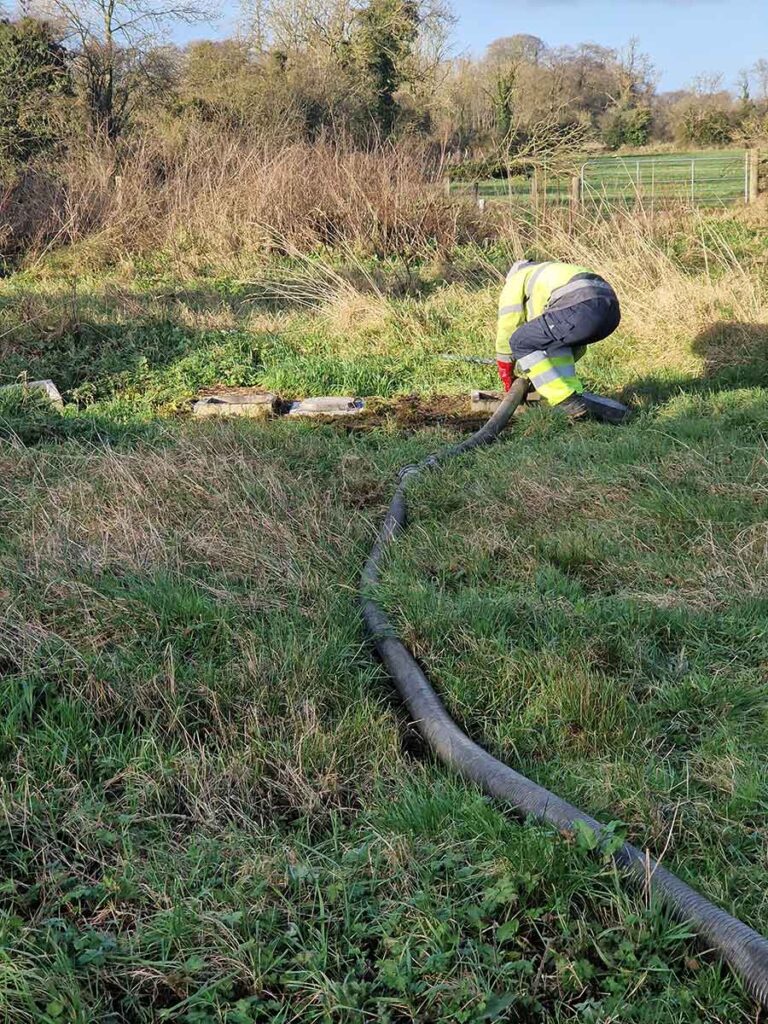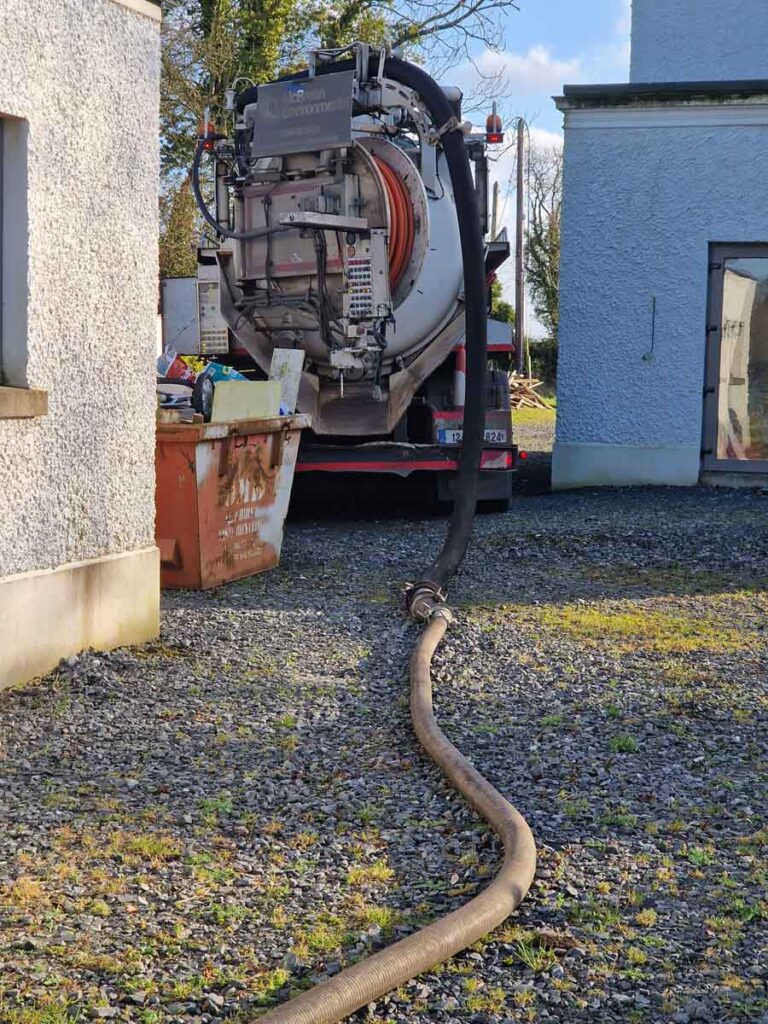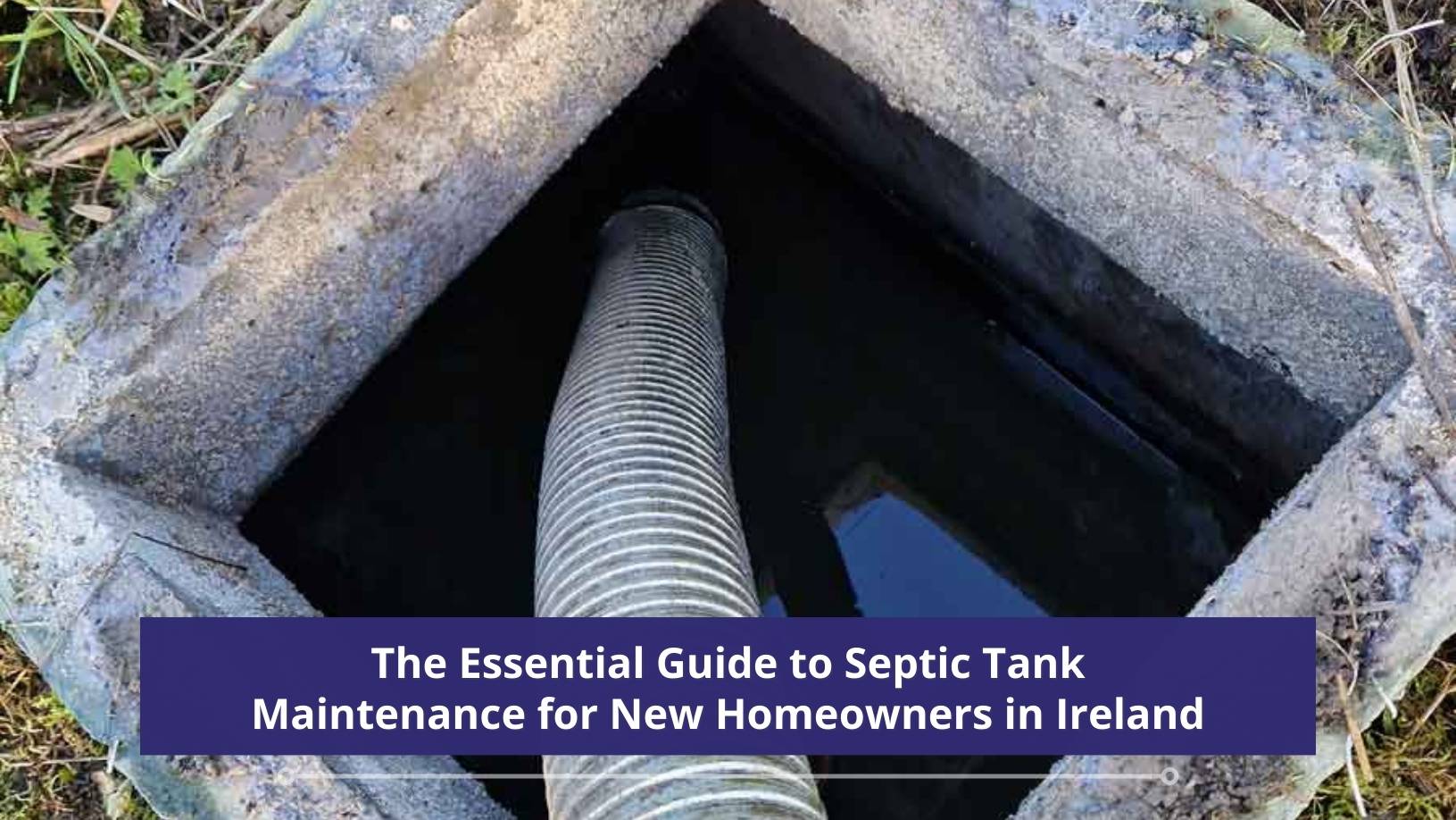Introduction:
Congratulations on your new home! As a new homeowner, there are various responsibilities you need to take on, and one of the essential ones is maintaining your septic tank or biocycle system. Septic tank and biocycle maintenance is crucial to ensure the efficient and hygienic disposal of wastewater in areas not connected to a public sewer system. In this guide, we’ll walk you through the key aspects of septic tank / biocycle maintenance helping you keep your home’s wastewater management system in top shape.
Understanding Your Septic/Biocycle Tank:
Before you dive into maintenance, it’s crucial to understand the basics of your septic tank system and biocycles.
A typical septic tank consists of two main components: the septic tank itself and the drainage field (also known as a soakaway or leach field). Wastewater from your home enters the septic tank, where solids settle and are digested by bacteria. The clarified liquid then flows into the drainage field, where it is further treated and absorbed into the ground.
A Biocycle tank is a type of decentralized wastewater treatment system that utilizes natural biological processes to treat and purify sewage and wastewater. It consists of a series of chambers or compartments where various biological and physical processes occur to break down and treat wastewater.
1. Regular Inspections:
Routine inspections of your septic tank or biocycle are vital to catch potential issues early and ensure its proper functioning. Here are some tips for inspections:
- Schedule a professional inspections every 1-2 years.
- Conduct visual inspections regularly, looking for signs of leakage, odours, or standing water near the tank or drain field.
- Keep a record of inspection dates and findings.
- Empty your tank regularly and keep records in case of inspection by councils or Uisce Eireann.
2. Pumping Your Septic Tank and Biocycle:
Septic tanks require periodic pumping to remove accumulated solids. The frequency of pumping depends on factors like tank size, household size, and water usage. In Ireland, it’s generally recommended to pump your septic tank every 2-3 years.
3. Water Conservation:
Reducing water usage can prolong the lifespan of your septic tank and minimize the need for frequent pumping. Install water-efficient appliances and fix any leaks promptly. Be mindful of excessive water usage during heavy rainfall, as it can overload your system.
4. Proper Waste Disposal:
Only flush biodegradable toilet paper and human waste down your toilets. Avoid flushing non-biodegradable items, chemicals, oils, or grease, as they can harm your septic system and the environment.
5. Landscaping and Planting:
Take care when landscaping around your septic tank and drainage field. Avoid planting trees or shrubs with invasive root systems that could damage your system or interfere with the drainage field.
6. Septic Tank Additives:
Be cautious about using septic tank additives, as they may not be necessary and could potentially disrupt the natural bacterial balance in your tank. Consult with a professional before using any additives.
7. Regulatory Compliance:
In Ireland, it’s essential to be aware of septic tank regulations. Ensure your tank is registered, and adhere to any inspection and maintenance requirements outlined by your local authority.



Conclusion:
Maintaining your septic tank is a crucial responsibility for new homeowners in Ireland. Regular inspections, proper waste disposal, water conservation, and compliance with regulations are all key factors in ensuring the longevity and efficiency of your septic system. By following these guidelines, you can enjoy a trouble-free septic tank system that safely and responsibly manages your household wastewater. If you have any specific questions or concerns, don’t hesitate to consult with a professional septic tank service provider. Your home’s sanitation and the environment will thank you for your diligence.
Get in touch with McBreen Environmental by emailing sales@mcbreen.ie or calling our 24 hour phone line on 0818 66 33 33




